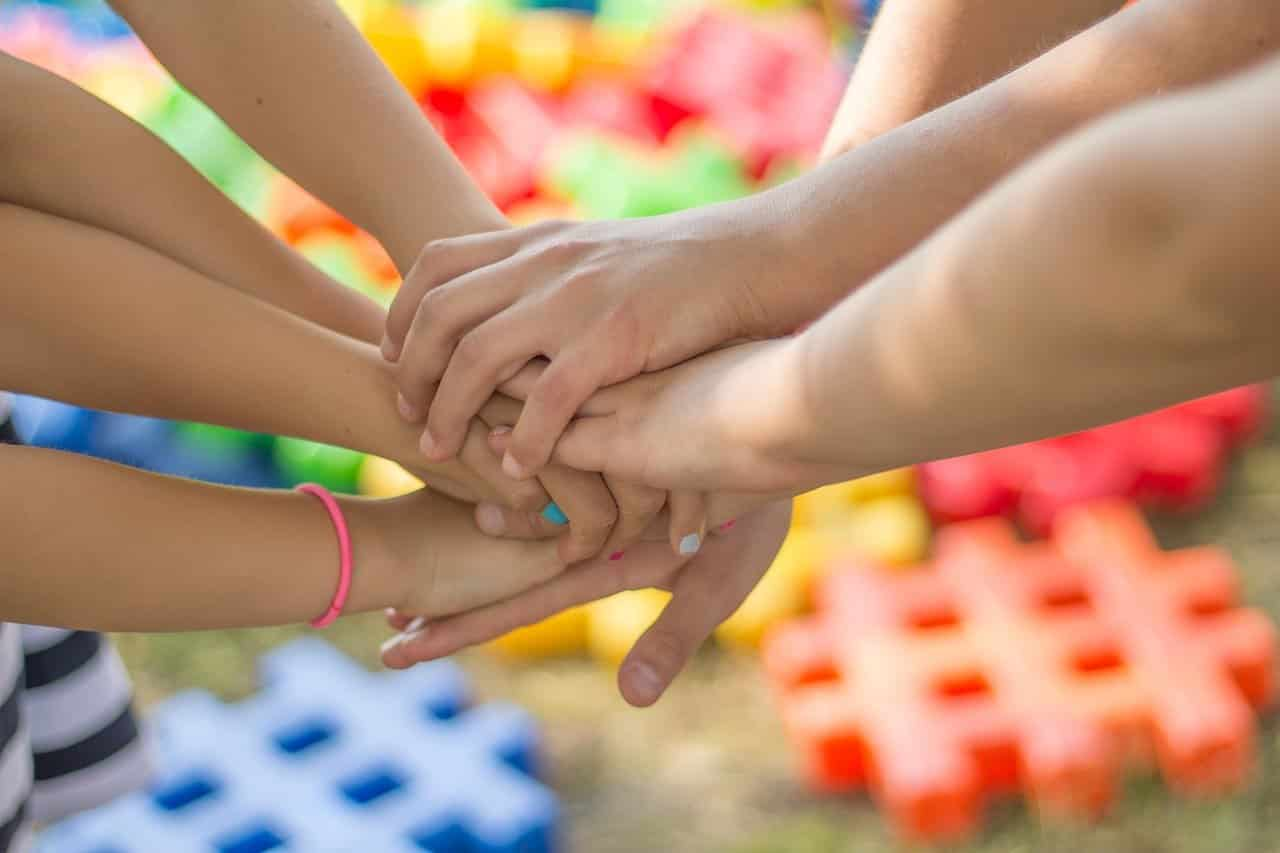The main questions to the psychologist Part 2

Is it necessary to have a special attitude toward a foster child: say, should you be nicer to him than to your own child? Parents think that they can yell at their own child somewhere. But you can’t do that to a foster child?
Adults should always be very respectful of their child, what difference does it make how the child came into the family? Violence in one form or another can and should be said no! Discipline can and should be based on respect for the individual, without violence (physical, psychological, etc.). Children are people too, just little ones. Of course, foster children very often exhibit “difficult behavior” to their parents, which we adults find very difficult to deal with. Also, “difficult behavior” is always a message to us adults that the child is very “difficult” in some way. We, the adults! We can always do something about it. Whoever wants to deal with it, looks for an opportunity, and whoever doesn’t want to, looks for an excuse in bad genes, etc. Difficult behavior is first and foremost, primitive techniques for getting what we want. To understand the reason for the behavior, to understand the child’s “message” and to teach the child new technologies (socially approved) to achieve what they want, this is the educational task of foster parents.
What is the mindset with which parents come to adopt? Are they often disappointed in their choice?
Parents who decide to adopt are full of hope and expectation for a new, as yet unseen life. They want to develop, they want to give love, and they want to experience the love of a child for themselves. Are they often disappointed? The answer lies in the word itself, whose namesake word is “enchantment.” I’m sorry, but it’s a childish attitude, when a person in his fantasies “drew a charming picture,” and then the time comes to be disappointed. But that’s not a bad thing either, it’s all, there is nothing but personal growth. It all depends on what conclusions a person draws and what his future actions will be, constructive or not.
Is it true that an adopted child doesn’t become native until the end (the problem of heredity)?
Anything and everything we put our energies, soul, love, labor, creativity into becomes native for a person. For example, a favorite business, family, a loved one, etc. And it is not about heredity at all, but about attitude to life, to people, to children. If you treat your parental responsibilities formally, your own child will not become your own child to the end. What about heredity problems? Who among us can boast of “super genes”, almost every family has its “alcoholics”. Love is a transformative force. It is more about learning to love, learning to show love in such a way that children feel that love and can use it to overcome the limitations they have inherited.
In general, how is an adopted child different from a native child? Are there dramatic differences?
There are differences between a foster child and a native child, of course. And they are rooted in their life history. I would distinguish three leading factors that need to be analyzed when identifying resources and risks.
First, there are factors related to his birth family, how much time he has spent with his parents or those who have replaced them since birth. Very important are the child’s first experiences with an adult who ensures the child’s safety, shows care for him or her, and is sensitive to his or her needs. These experiences activate the innate and very important need for attachment in life and development. The development of secure attachment is the reality of blood children in secure families. In dysfunctional families, the newborn child is often exposed to psychologically traumatic events (abuse, parental substance use, loss of a “caregiver” figure), and then attachment disorders of varying degrees are present. As a consequence, basic self-respect and basic trust in people are often violated.
The second factor worth analyzing for parents and specialists in substitute family support is how the loss of a family was handled, the breaking of family ties. This is a very painful process that leaves post-traumatic consequences. How do you think a child who has been “abandoned” by relatives feels? What feelings might he or she be experiencing? Dual or ambivalent, when simultaneously angry, hating and loving, feeling tenderness, remembering mom. And these are very exhausting feelings that take a lot of energy and vitality out of a child. Think back to your feelings when a close relationship was “broken”. And even if that dysfunctional parent beat or abused the child, the child feels relief and joy that it is over, and at the same time feels affection for his aggressor. Ambivalent feelings are the reality in which rejected children live. And this experience of interacting with an adult, sometimes the only one, and it automatically shifts to the relationship with the adoptive parents. This is one of the causes of difficult behavior.
The third factor that needs to be analyzed is the length of time a child has lived in the system of children’s state institutions. The shift work mode of the staff of state institutions does not allow the child to form stable attachments with any of the adults. Breaking with siblings, loss of family ties, social connections (neighbors, classmates, etc.) have a negative effect on the development of a child’s personality. Lack of personal belongings, photos, lack of privacy (even in the toilet sometimes there is no door) all this, leads to the violation of personal boundaries, both their own and others. Lack of opportunity to choose food, meal times, leisure activities, etc., all have a negative impact on the child’s social skills and psychology. Life, in which everything has been thought out for you and sent on a “road map” forms the “nurtured helplessness” of children from institutions, reduces their initiative, reduces their “exploratory activity”. That is why graduates of children’s state institutions have a hard time socializing.
The extent to which all of these factors have affected the child is something to consider when choosing a parenting strategy for an adopted child. The important thing is that he is not alone now, you are near, dear kind and noble people who have the courage to replace the parents, who more often than not, are somewhere nearby “enjoying” their lives. But this is another issue that also requires a thoughtful and detailed conversation.


